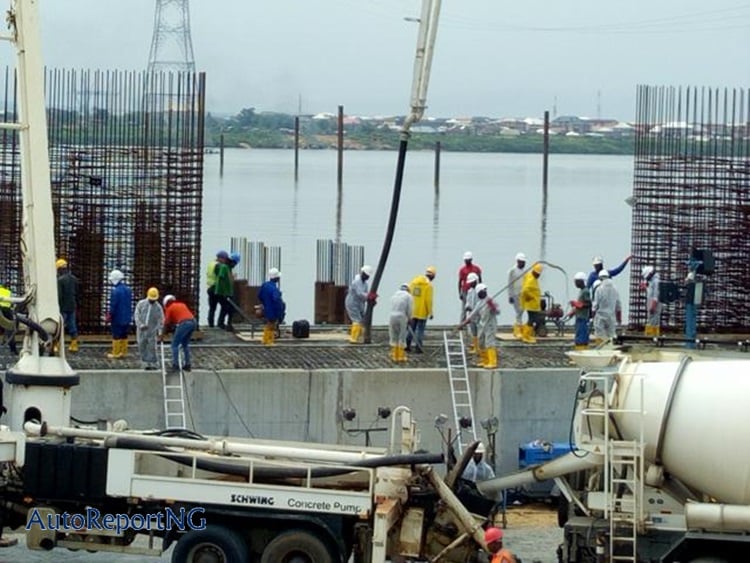The federal government says it has commenced process of challenging and defending the enforcement proceedings of $8bn award against Nigeria.
Process and Industrial Developments Limited (P&ID) had sued the Nigerian government for an alleged breach of contract over a 2010 natural gas supply and processing agreement.
The company, with headquarters in British Islands, filed an arbitration case against Nigeria in London and was awarded $6,597,000,000 on January 31, 2017.
Curiously, Nigeria did not challenge the award, and on March 16, 2018, P&ID filed a petition in a district court in Washington, DC, to confirm the arbitral award and ask for an additional payment of $2.3 billion in interest.
Advertisement
Curiously, again, Nigeria did not show up in court, and a total of $8 billion was awarded against the country.
Efforts to reach Abubakar Malami, the minister of justice and attorney-general of the federation (AGF), to comment on why Nigeria did not mount any defence were not successful as he refused to answer calls and messages placed to his telephone by TheCable.
Cable Newspaper Journalism Foundation (CNJF), a partner organisation of TheCable, had also sent a freedom of information (FoI) request to his office but is yet to get a response.
Advertisement
But briefing journalists on Tuesday, Dayo Apata, solicitor-general of the federation, said a process to challenge the proceedings has been initiated by the government.
“The federal government through its foreign solicitors, Messrs. Curtis, Mallet-Prevost, Colt & Mosle LLP, has commenced the process of challenging and defending the enforcement proceedings,” he said.
Apata also explained that what was reported as a default judgment was a default entry made by the court clerk at the expiration of 60 days that Nigeria failed to show up.
“It needs to be stated that what is being taunted as a default judgment was actually a default entry made by the court clerk. Under the Foreign Sovereign Immunities Act (FSIA), a defendant has up to 60 days period to answer to a petition filed against it,” he said.
Advertisement
“Where no response is entered for the defendant, the court clerk upon application by the petitioner, makes a default entry, which in this case was made on June 5.”
Arguing that under the FSIA a default judgment cannot be entered against Nigeria, Apata did not give reasons why Nigeria was not represented and defended in Washington when an application for enforcement was filed.
“It is to be noted that under the FSIA, a default judgment cannot be entered against a foreign state like Nigeria unless the presiding judge determines so after the petitioner/claimant must have established its entitlement to a default judgment,” he said.
He added that based on the presumption of sovereign immunity, the US court is still under obligation, despite default by a foreign state, to determine whether the entity is immune to the jurisdiction of the US court under FSIA or whether the case before it falls within one of the recognised exceptions.
Advertisement
“Even where the court determines that it has jurisdiction, a default judgment will not be granted automatically or as a routine matter to be handled by a court clerk as this can only be done after a formal trial,” he said.
“We place reliance on the provision of Section 1608(e) of the FSIA which states thus: “No judgment by default shall be entered by a court of the United States or of a State against a foreign state, a political subdivision thereof, or an agency or instrumentality of a foreign state, unless the claimant establishes his claim or right to relief by evidence satisfactory to the court.”
Advertisement
Add a comment







